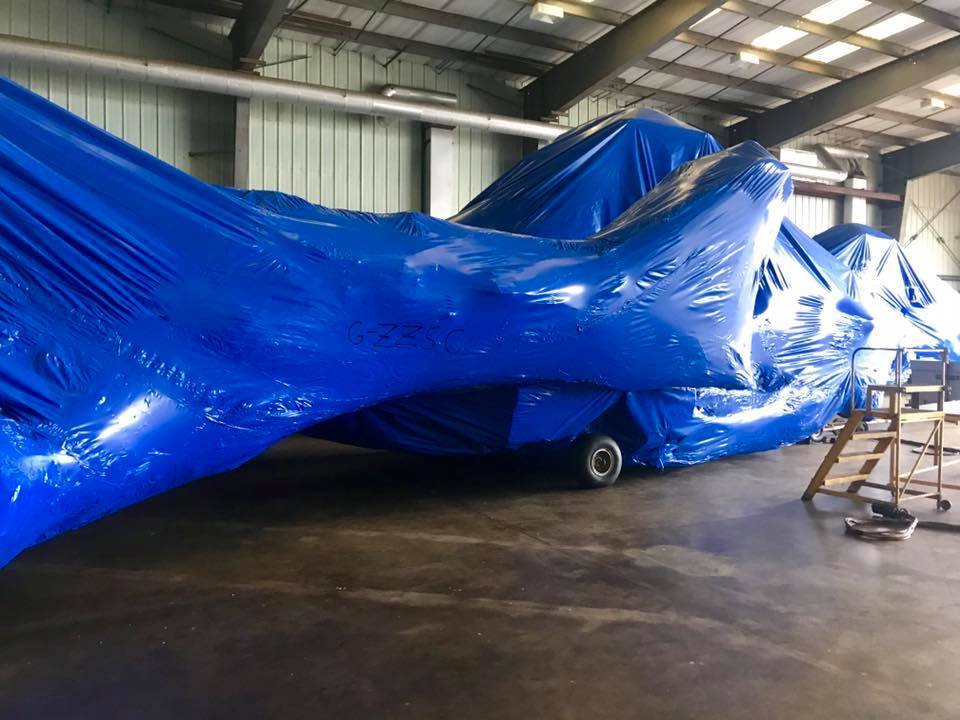
Babcock International has reported a 40% drop in profits largely due to a major restructuring of its oil and gas helicopter business.
In its full-year results for 2018, the engineering firm reported statutory pre-tax profits of £235.2million, down from £391.1m the previous year.
This comes after taking a series of exceptional charges costing £120million, mainly due to an overhaul of its oil and gas helicopter business following the end of operation of EC225 Super Puma in the North Sea.
Babcock has had to sell or repurpose its fleet of 13 Super Pumas which were owned or leased by the company after a fatal crash in Norway in 2016.
The firm, which first recognised the charges in its half year results in November, said this meant an improvement in oil price has not helped the business.
Babcock International also took other one-off charges inlcuding £10million preparing for the UK leaving the EU through Brexit, and £31million from pension liabilities.
The company’s underlying pre-tax profits, which do not recognise these one-off charges, were £517.9m, up 1% on the year before of £512.5m.
Chief executive Archie Bethel said: “We have sharpened our focus on our three key markets of defence, aerial emergency services and civil nuclear.
“We have strengthened our position in these areas with some important contract wins that partially offset the upcoming completion of the QEC contract and the loss of the Magnox contract and we have delivered further growth in our international businesses.
“In addition, we have exited low margin businesses outside of the three focus markets, which do not have synergy with the rest of the Group, and we have reshaped our oil and gas business.”
Babcock took an impairment charge of £38m to reduce the Super Pumas’ market value plus a £42m onerous lease provision, reflecting cost of assets they lease, versus their actual value.
Other parts of the £120m exceptional charge related to business disposal, such as its exit from operations at its Appledore facility in Devon in March.
Babcock has been joined by other operators such as Bristow who has also recently down-valued its EC225 helicopters.
In 2016, 13 people were killed when a CHC-operated Super Puma crashed off the island of Turoy which is the latest in series of fatal crashes involving the helicopter type since 2009.
Despite a grounding of the helicopter since being lifted, it has not returned to service in the North Sea due workers having a lack of confidence in its safety.
Recommended for you

